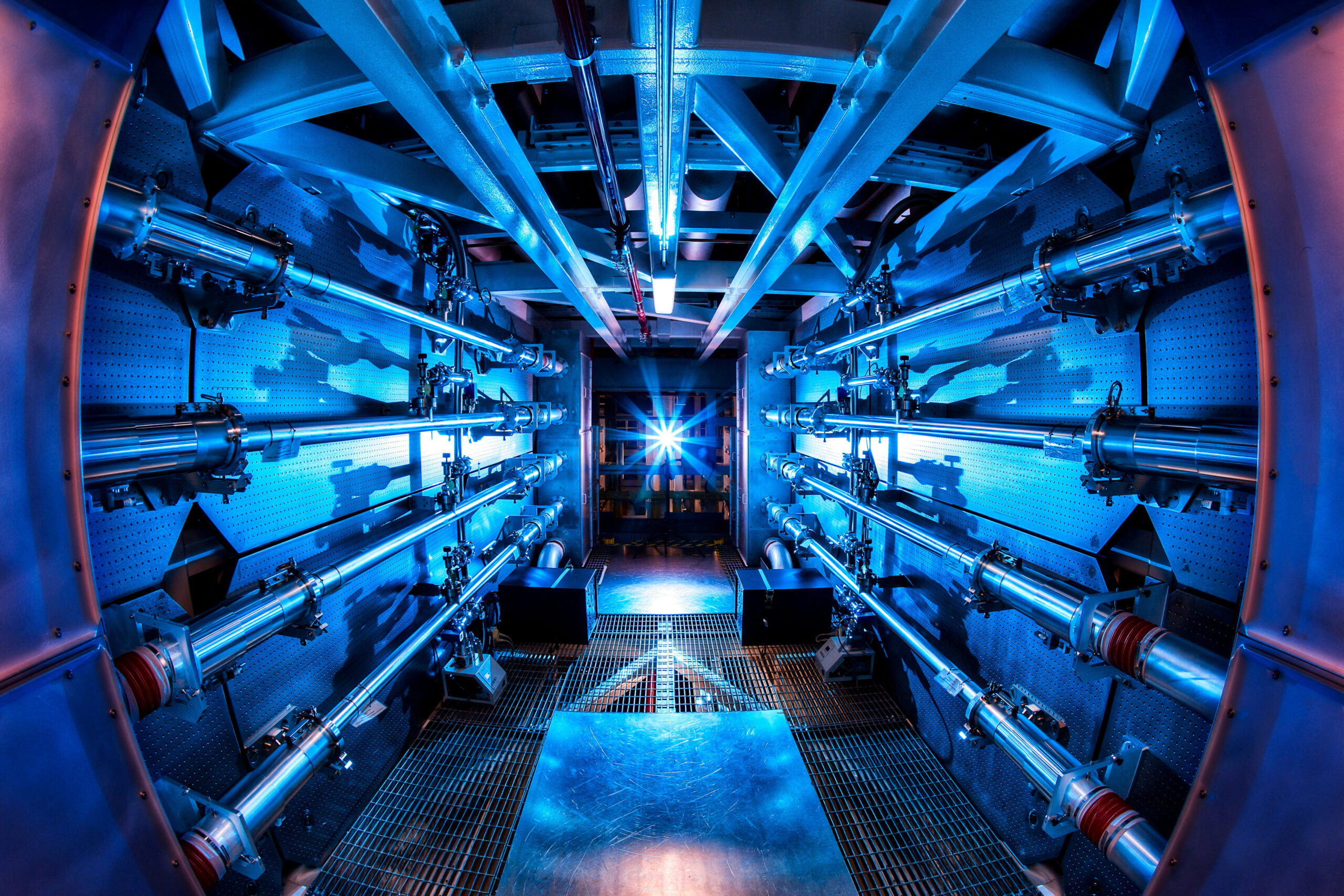Scientists in South Korea have achieved a groundbreaking feat in the pursuit of nuclear fusion energy, sustaining temperatures of 100 million degrees Celsius for a record-breaking duration.
The achievement, conducted at the Korea Superconducting Tokamak Advanced Research (KSTAR) facility, marks a significant step forward in harnessing the power of nuclear fusion for clean energy production.
Nuclear fusion, which aims to replicate the process that powers the sun and stars, holds immense promise as a clean and virtually limitless energy source.
Unlike traditional nuclear fission reactors, fusion reactors produce energy by fusing together two atoms, releasing massive amounts of energy without generating planet-warming carbon emissions.
The recent milestone achieved by the KSTAR researchers involved sustaining plasma temperatures of 100 million degrees Celsius for an impressive duration of 48 seconds.
This accomplishment surpasses the previous record of 30 seconds set in 2021, demonstrating the ability to maintain high-temperature plasma for extended periods, a crucial requirement for practical fusion energy production.
According to Si-Woo Yoon, director of the KSTAR Research Center at the Korean Institute of Fusion Energy (KFE), the success in extending plasma duration was achieved through strategic modifications to the experimental process.
These adjustments included using tungsten instead of carbon in the diverters, which extract heat and impurities produced during the fusion reaction.
Plasma temperatures
The ultimate goal for the KSTAR project is to sustain plasma temperatures of 100 million degrees Celsius for 300 seconds by 2026.
This achievement is deemed critical for scaling up fusion operations and advancing towards commercial fusion energy production.
The advancements made at KSTAR are expected to contribute to the development of the International Thermonuclear Experimental Reactor (ITER) in France, the world’s largest tokamak facility designed to demonstrate the feasibility of fusion energy.
While significant progress has been made in the field of nuclear fusion, challenges remain in commercializing this technology.
Despite recent breakthroughs, including the production of more energy than consumed in fusion reactions, scientists acknowledge that fusion energy is not yet ready for immediate deployment to address the climate crisis.



 News3 days ago
News3 days ago


 News5 days ago
News5 days ago


 Leaders3 days ago
Leaders3 days ago


 Shows3 days ago
Shows3 days ago


 News3 days ago
News3 days ago


 Docos5 days ago
Docos5 days ago


 Leaders4 days ago
Leaders4 days ago


 Leaders4 days ago
Leaders4 days ago





